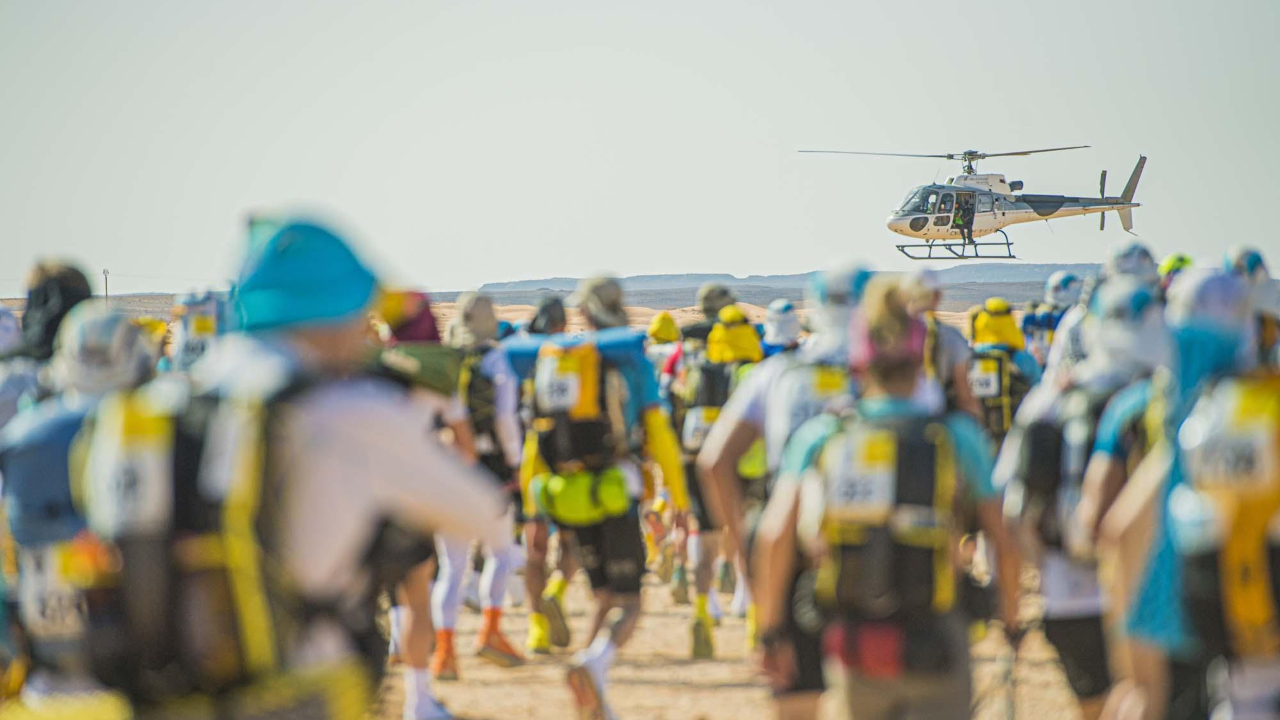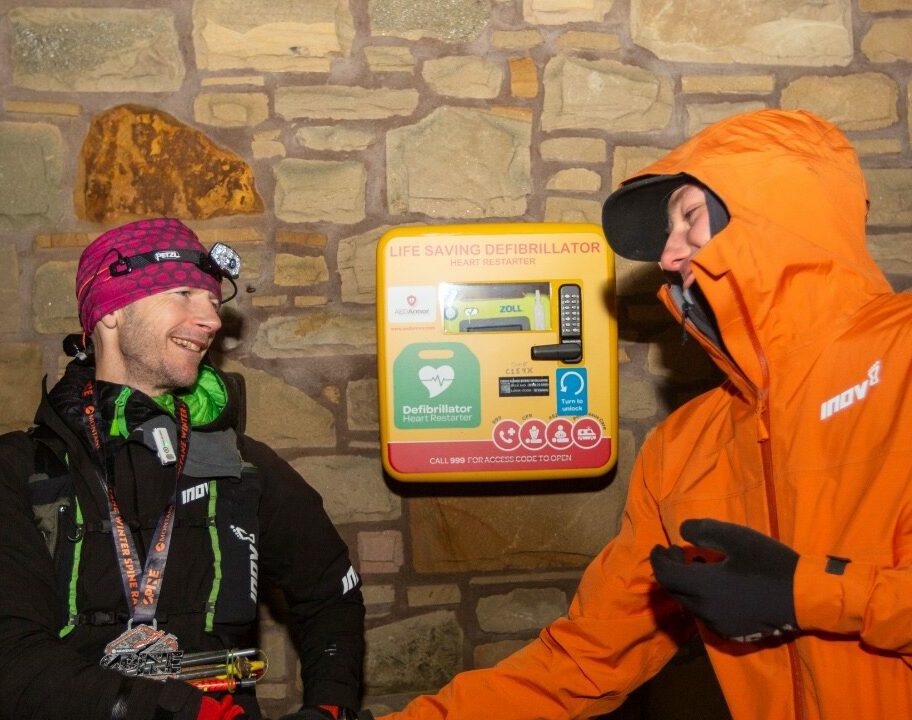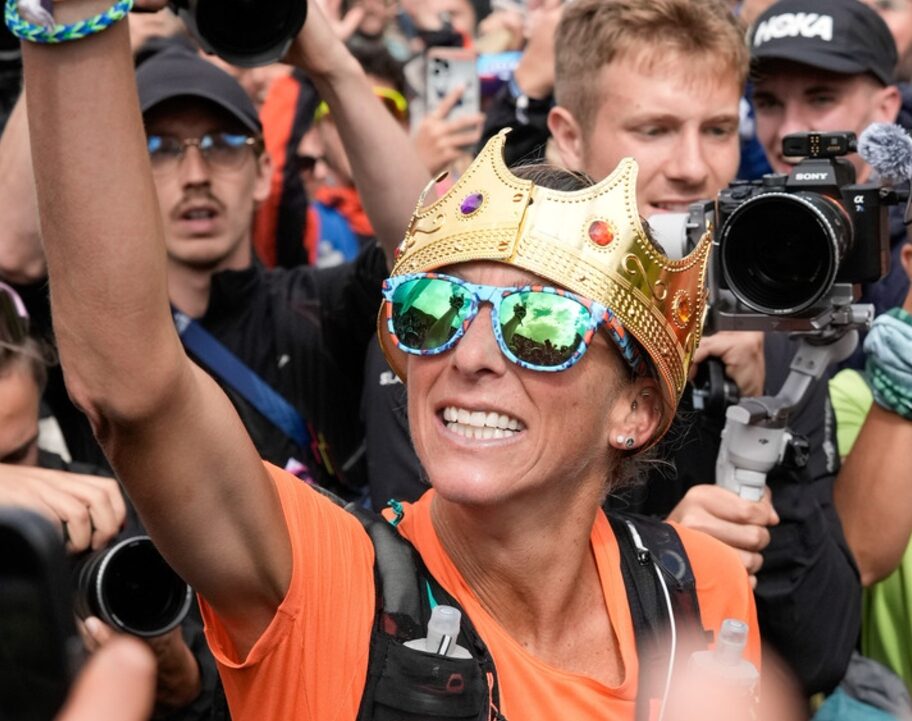It is billed as the toughest foot race in the world and three runners have paid the ultimate price – dying while competing in the Marathon des Sables – since it was first held in 1986.
The six-day, 250km ‘Marathon of the Sands’ takes place in brutal desert conditions and tests competitors to breaking point.
It is one of the toughest ultra races on the planet and attracts star names across its men’s and women’s fields as thousands of runners push through the Sahara Desert in Morocco.
Endurance running risks
The most recent death was that of a French runner in 2021, who succumbed to a heart-attack on the second day of what is regarded as the most difficult race to date.
The impact of the global pandemic forced organisers to switch the race to October from its traditional April start, a decision that backfired when a heat wave and stomach bug had a devastating impact on the runners.
To keep things in perspective, the Marathon des Sables is not alone in suffering deaths amongst its competitors – even races that may seem ‘safer’ come with risks, such are the physcial demands of endurance running.

The London Marathon has seen 12 deaths over its history and the New York City Marathon had three deaths in 2008 alone.
Although statistically these races cannot be compared like-for-like as distance, conditions and number of competitors are not comparable, they do demonstrate the risks involved in such events.
If your body has a weakness, putting it through this kind of challenge is very likely to find you out.
Safety precautions
But given the brutal nature of the Marathon des Sables, the emphasis on safety is far greater than that at a road marathon.
There are guidelines in place to ensure those entering the race are in good health – competitors must hold an up-to-date medical certificate stating their ability to participate, as well as a resting ECG report.
On top of this, the organisers have two helicopters available to evacuate any casualties.
There are between three and five security vehicles on hand, depending on the stage of the race, that are constantly checking up on the progress and condition of racers, all of whom are wearing GPS beacons with emergency buttons.
Obvious risk
Of course, there will always be inherent risks when taking on such a demanding race – regardless of the safety measures in place.
If Marathon des Sables competitors are in any doubt about the risks of putting their bodies through this incredible challenge, they only need to look at the insurance policy that race organisers take out on their behalf – this includes covering the cost for the repatriation of their body and funeral costs necessary for transport.

![Hannah Rickman Montane Winter Spine Race 2025 [Photo credit: The Spine Race]](https://run247.com/wp-content/uploads/2025/01/Hannah-Rickman-Montane-Winter-Spine-Race-2025-912x720.jpg)



